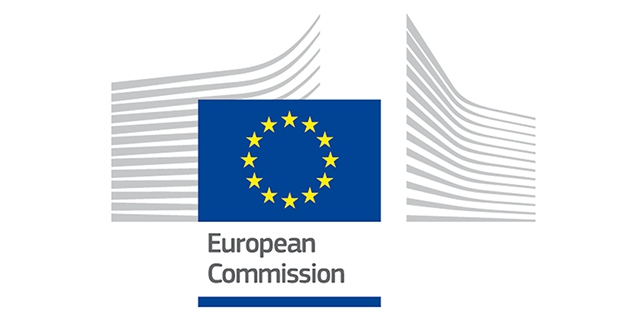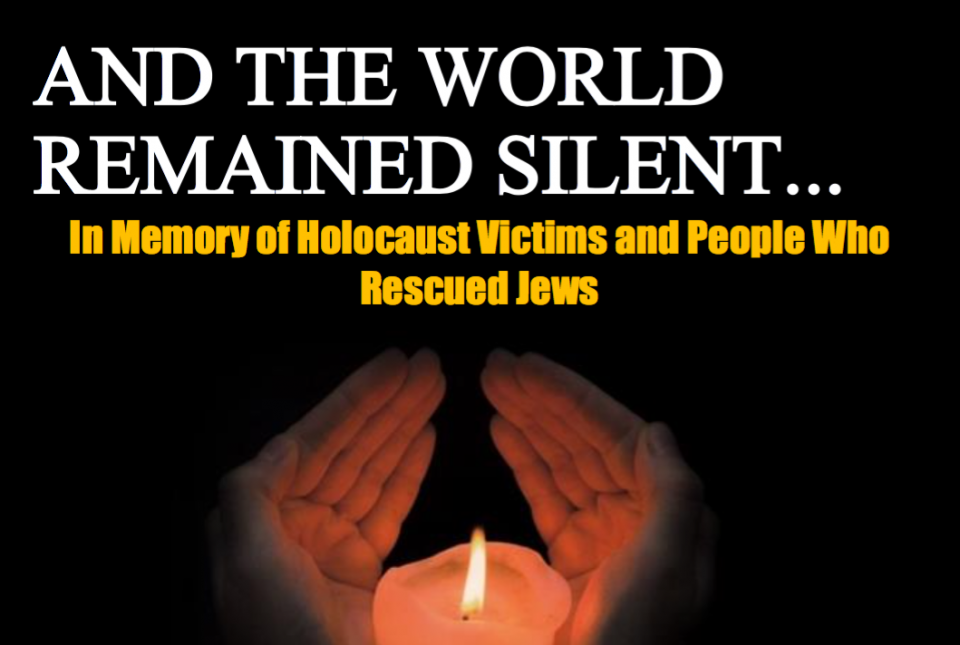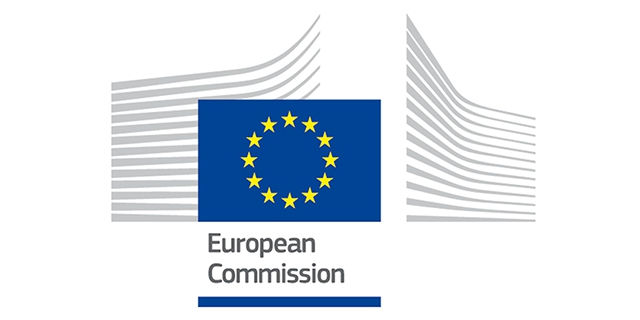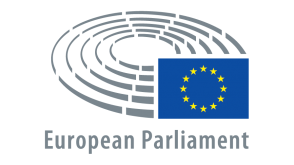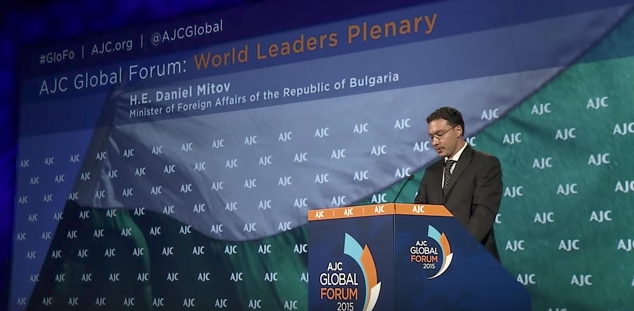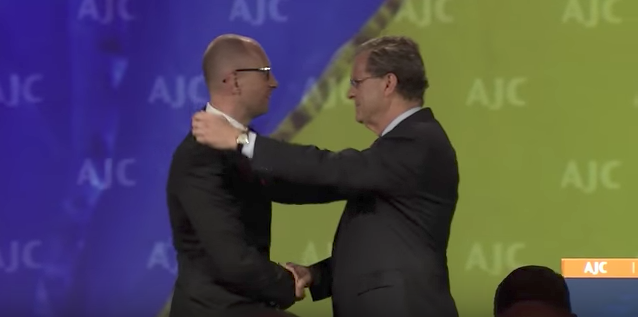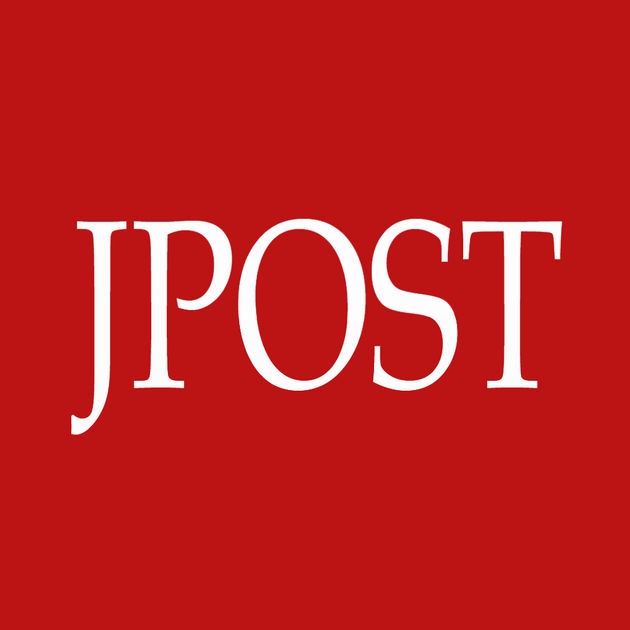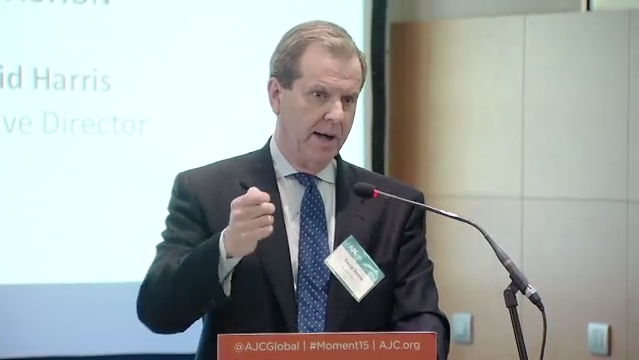Analysis
After the Attacks in France, What Next?
by Nita Lowey and David Harris
The Huffington Post and Times of Israel
January 13, 2015
The terrorist attacks that killed 17 innocent people in France last week have provoked widespread revulsion and condemnation. All people of good will stand as one with France. Its citizens were attacked, and so were its laudable values, which have inspired the democratic spirit worldwide for well over two centuries. Those values were precisely the chosen targets of the jihadist gunmen.
It began with the weekly magazine Charlie Hebdo, an equal-opportunity critic of religions, politicians and the self-important. At times, its chosen methods of satire and caricature may have offended some, including Christians, Jews and Muslims. But that is a price those living in free societies should willingly pay for the sacred right to express themselves, knowing, as well, that those who take offense are also invited to speak their minds -- peacefully, of course.
Then it was a police officer gunned down in the line of duty as she was protecting the citizens -- and, yes, the values -- of French society. And, finally, it was a kosher market, a place chosen by the assailants because French Jews shop there, all the more so on a Friday, hours before sundown, when the Sabbath begins and the observant set aside their daily chores.
We know from experience that a big question waits. Once the shock begins to wear off, the rallies end, and the calls for national unity fade away, what happens next? Obviously, this is a decision that only the democratically elected government and people of France can make. That said, as longtime friends of France and the trans-Atlantic partnership, we too have a big stake in where France goes from here. Allow us a few observations.
First, what happened last week was by no means unique to France. Many other countries, including our own, have been caught in the crosshairs of jihadist terrorists. Moreover, it is painfully obvious that these individuals, whatever their country of residence, represent a transnational phenomenon and a global threat.
The ease of their communication and information-sharing via cyberspace the lure of training, indoctrination and battlefield experience in such countries as Iraq, Syria and Yemen the lack of border controls in the European Union's Schengen group, not to mention the proximity to Turkey as a transit nation and the possibility of acquiring new passports and identities all demand the closest possible coordination and intelligence sharing among like-minded Western countries, France and the United States centrally included.
Second, it is high time to be clear in our language. If some are not willing to identify our adversaries, that makes formulating the proper strategies only more difficult. To be sure, the threat does not come from all Muslims or the faith of Islam writ large. Any such assumption would be painfully misguided and inaccurate. But those who repeatedly commit these terrorist acts, whether in Europe, the Western Hemisphere, Africa, Asia or the Middle East, loudly invoke their Islamic faith and teachings to justify their heinous deeds. The perpetrators are exponents of radical Islam, and they should be so identified.
Third, much as all democratic societies must stand up resolutely to the magnitude of the threat, there is another essential front line to this battle: what takes place within the Muslim world. Will the many Muslims repelled by these (and other) attacks in the name of their faith join those courageous individuals who have already stood up and seek to marginalize the hijackers of their religion? Much will depend on the answer.
Fourth, there has been considerable debate in Europe, including France, about anti-Semitism -- its definition, nature and reach. Frankly speaking, there has been too much debate, and it has distracted some countries from tackling the problem in a serious and sustained way.
There is no simple answer, no one-size-fits-all solution, to the pathology -- and specificity -- of anti-Semitism, as Europe, from its long history, knows better than anyone.
The response must begin, of course, with the steadfast protection of democratic and pluralistic values. The effort must extend to the spheres of education, law enforcement, the judiciary, media and, critically, civil society.
Indeed, history amply proves that the fates of religious minorities and free societies are inextricably interlinked. Therefore, to ensure the health of democracy is to enhance the sense of place of Jews, and, conversely, to guarantee the well-being of Jews is to strengthen the foundation of democracy.
Thus, when Jews start marching with their feet out of Europe -- as has happened in recent years, most notably in France -- it should be a wake-up call for European leaders. As French Prime Minister Manuel Valls aptly told Jeffrey Goldberg of The Atlantic, "If 100,000 Jews leave France, France will no longer be France." Indeed, all Europe is under threat if Jews no longer feel they can be safe shopping in a kosher market, sending their children to Jewish school, visiting a Jewish museum, or worshiping in a synagogue.
And finally, it's time to see Israel in a different light. In Europe and elsewhere, there has been far too much demonization of the Jewish state. Even apart from its inherent unfairness and prejudice, this animus has helped create an atmosphere where all Jews feel vulnerable.
Israel is a democratic and pluralistic society, with robust domestic debates and unenviable security dilemmas. By dint of geography, it is on the front line in the struggle against radical Islam. Would that its neighbors were Sweden and Norway rather than Syria and Gaza!
While there may be distinctions between the Islamic State, al-Qaeda, Hamas, Hezbollah, Islamic jihad, etc., they are united in their rejection of everything our democratic nations embody -- other than the freedom, when possible, to hide behind our values to advance their cause.
Thus, the threat they pose to Israel is truly a threat to every democratic society. In other words, wherever we may live in the free world, our destinies are truly intertwined.
Congresswoman Nita Lowey (D-New York) has served in Congress since 1989 and is the Ranking Member of the Committee on Appropriations. David Harris is the executive director of the American Jewish Committee (AJC) and a recipient of the French Legion of Honor.
